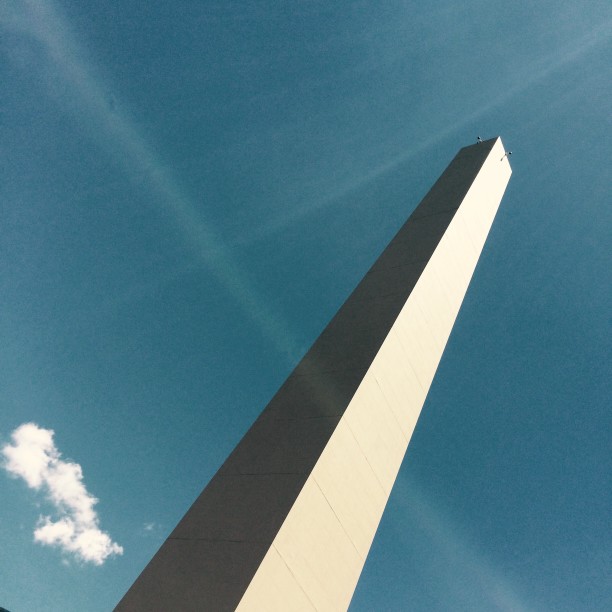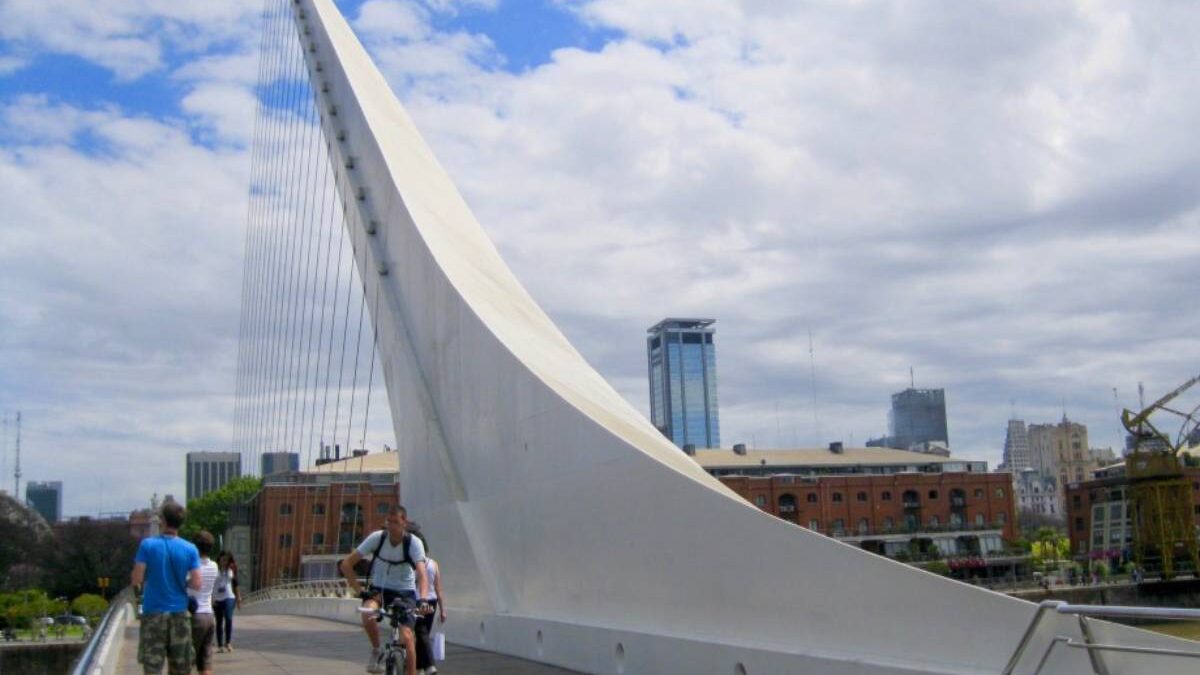Before traveling to Argentina, there are many things to take into account, first of all, who travels must think about the language. That is determinant in some cases since to stay in any place where the foreigner does not speak the same language; he must learn words or phrases that will help him communicate with the rest.
There are Spanish schools in Buenos Aires where many travelers decide to study, this way, the access to the culture is more straightforward, and it is also an excellent place to make friends or meet people. Those who travel to Argentina for the first time are surprised by the hospitality of the natives.
Spanish Language school Buenos Aires offers to you many opportunities to integrate into the Argentine culture, visit places that tell the history of the country and that do not appear in the tourism pages, and most importantly: to understand why people are one way and not another. It is often challenging to integrate into a new culture until we can put ourselves in another person’s place.
Table of Contents
ToggleWhy do people travel?
First of all, people travel to get to know other places. There is an annual break in every country where workers have a few days off, and many decide to visit other countries for their vacations.
This is the primary reason people travel; however, not everything is vacation and enjoyment. People can visit other countries for reasons other than vacations, such as work. Some jobs offer their workers to travel for some time, so employees try to take advantage of that trip.
Visiting a country and knowing that you will soon return is an incentive to learn as much as possible during that time. The enthusiasm to get to know its gastronomy, culture, art, and way of life is so intense that anyone would make plans to do it every day.
The third reason may be to go on a study trip. These trips last a minimum of five to six months, and their length will depend on the traveler. In that case, it is necessary to get to know the best places and start a stable routine. On many occasions, people decide to migrate to that country and start a new life there.
What should a traveler in Buenos Aires not miss?
Buenos Aires is a city where people are warm and hospitable. Argentines are always willing to help and are even helpful when a foreigner needs the help of any kind. As a result, there are places where you can have a good time, take representative pictures, and get to know more about the culture of this Latin American country.

Costanera Sur Ecological Reserve
This place is located between Puerto Madero and the Rio de La Plata. It is a protected natural area a few blocks from downtown, where there are 350 hectares with lagoons and forests to enjoy on a clear day.
Women’s Bridge
The Spanish architect Santiago Calatrava designed this characteristic architectural work of Buenos Aires. It is the first work he made in Latin America, and it is located in the Dock 3 of Puerto Madero. It is made of steel, and Alberto Gonzalez conceived the idea.
This bridge is 170 meters long and 6.20 meters wide and is divided into three sections; two fixed on the banks of the dock and a mobile one that rotates on a white concrete pylon, which allows the passage of boats.
Alvear Avenue
This avenue of the City of Buenos Aires functions as a complex of monuments thanks to many architectural works worthy of knowing and visiting. It is one of the oldest avenues in the city, created in 1885 by the initiative of Mayor Torcuato de Alvear, hence its name. The avenue starts at the Carlos Pellegrini square and ends in front of the Torcuato de Alvear monument. This work was made by Juan Lauer and inaugurated in 1900.
Generic Floralis
This metallic sculpture is located in the Plaza of the United Nations, located in Figueroa Alcorta Avenue. It was a gift of Eduardo Catalano to the city and is relatively new, since it was inaugurated in April 2002.
The Rosedal
The Rosedal is home to more than 90 different roses growing in a garden. The garden has 4 hectares of free access and every day attracts tourists from all over the world who marvel at this beautiful green monument. This space was designed by Benito Carrasco, a landscape designer an agronomist.
Botanical Garden
The Botanical Garden located in Palermo has been in operation since 1937, in honor of the landscaper Carlos Thays, who created it. This garden aims to care for and conserve plant species by disseminating their ways of life. You can observe birds, fungi, cactus, palm trees, and hundreds of plant species in this place.
Japanese Garden
This garden was inaugurated in 1967; it was entirely built by the Japanese community to be donated to the Municipality of Buenos Aires by the Japanese Embassy. The reason was to thank the Latin American country for opening its arms in times of immigration.
Galileo Galilei Planetarium
This monument is a space for diffusion and scientific knowledge. This place was inaugurated in 1968, and since that day, it has been in charge of scientific dissemination through shows, demonstrations, and didactic activities for children and people of all ages.
Also Read: How is Ed-Tech Transforming the Education Landscape?
Recoleta Cemetery
The Recoleta Cemetery is known in the City of Buenos Aires for being located in the Recoleta neighborhood and having tombs of famous and recognized personalities of Argentina. It was inaugurated in 1822, and many tourists visit it to see where the most famous characters of the country rest.
Statue of Mafalda
This monument is located in a traditional corner of San Telmo. This work is a tribute to Quino, a renowned Argentine cartoonist who gave life to the character of Mafalda, a minor character who asks the biggest questions of the world and everyday life.
These are the monuments and accessible spaces that a tourist cannot miss during his visit to Buenos Aires, making him take pleasant memories of the city. You can learn more about the country and its deep cultural history through each artistic figure.
Shashi Teja
Related posts
Hot Topics
What is Kafka Used For: A Complete Guide
What is Kafka used for? If you’ve been diving into the world of distributed systems, microservices, or data streaming, you’ve…
How Do Password Managers Work? The Guide That Finally Makes Sense
Ever wonder how do password managers work and whether they’re actually safe? I get it. The idea of putting all…



